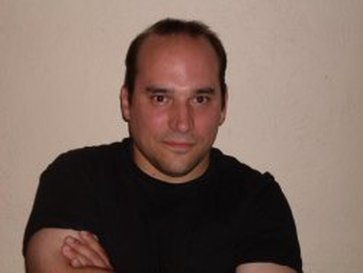
By day Cardillo is a clinical psychologist working with children on the autism spectrum, geriatrics, and adults with Down Syndrome. By night he concocts tales to terrify his readers...
He enjoys both jobs immensely.
Check out his website to view his books, interviews, awards, etc.: edwardcardillo.com
For the uninitiated, Edward P. Cardillo is an author who is rather fond of telling us about what’s going on in the dark. The author of some very popular books dealing with the dead such as the I Am Automaton and Creeping Dead series he’s had a lot to say on the subject.
Ed, could you tell us a bit about what we’ll find in The Dark is Full of Monsters?
This is a deeply psychological horror tale. The main characters all find themselves in an unfamiliar setting, bringing the baggage that comes with severe trauma. And I’m not even talking about supernatural trauma. I’m talking about real live trauma inflicted by monsters of the human variety. However, it is the trauma and how each character deals with it, that prepares them for facing a preternatural horror stalking the woods of a sleepy town in upstate New York. It’s raw and visceral, yet deeply symbolic.
Oh, and there are zombies…but this isn’t a traditional zombie tale. Don’t expect a clone of The Walking Dead, or The Creeping Dead for that matter. This is a completely different animal.
What inspired you to write it?
I love upstate New York. I love the woods. I could just get lost in it all, leaving society and any problems I may have behind for a bit, finding peace in nature. However, some people from the city (like my wife) have a way of projecting their innermost fears on the great unknown of the wilderness, using it as a blank canvas. It’s very Freudian. It’s dark, vast, foreign, and unsettling to them. I wanted to tap into that fear. I wanted to explore it. I wanted to show how strong individuals cope with their demons by facing their fears head-on.
Dark deals with the nature of fear and how it affects life for its characters. In particular it’s a crucial element of how our lead, Mark Rivera, who suffers from PTSD, is living. What did you want to convey about both fear and PTSD with this character?
Fear is a visceral thing that is hard-wired into our evolution and physiology. It is a useful emotion that is crucial in self-preservation, but unchecked, it is a detrimental force that can ruin lives. I wanted to convey that fear is universal, although the nature of it is specific to the individual and that individual’s experiences. As a psychologist who helps people wrestle with anxiety of all kinds, I also wanted to show that it could be faced and overcome. Mark has to confront his personal trauma and feelings of helplessness to face a monster of the non-human variety. A psychologist himself, he knows what he needs to do, but since he’s right in the middle of his own personal hell, he finds it hard to be objective. It’s one thing to advise others and guide them through it. It’s another thing entirely to walk the walk yourself, to feel the paralysis of terror overriding rational thought.
How much do you feel his PTSD changed how he responded to the events going on around him and how he adapted to the changes that come to make such drastic changes for him and his wife Wendy?
Something very traumatic happened to Mark when he lived in the Bronx. He struggles to cope with the aftermath and decides (pretty unilaterally) to get away from it all by moving way upstate. His PTSD makes him very hypervigilant, and it paralyzes him, invoking feelings of helplessness and loss of control. It’s like that dream that most of us have, where there’s a monster chasing us, and we turn to run, but our legs won’t move. We cannot run, we cannot fight, and the monster is closing in on us. Part of his growth or arc as a character is to overcome this feeling, particularly when the people he cares about are in danger. Is his concern for his wife and friends enough to override the paralysis of fear? Can he regain some sense of self-mastery?
Wendy, his wife, gives up her career as a teacher and makes the move with Mark. She doesn’t necessarily agree with his decision to move them upstate, but she wants to be supportive. She’s out of her element, and she is torn between advocating for her own mental well-being and her husband’s. It is her great sense of empathy, however, that establishes a link with the monster stalking them. She forges a unique connection with the horror lurking out in the dark, channeling its great sense of malice and bloodlust, a sensation that terrifies and disturbs her.
Laquan, who is one of the boys living in a facility for troubled kids in upstate New York, is another central character. Can you tell us a bit about him and his motivations as a character?
Laquan is a kid who grew up in a rough area and got into trouble, but for things like shoplifting and other minor mischief. He’s not someone who hurts others. He’s just trying to survive the monsters in his life, whether it be his mother’s abusive boyfriend or those in his neighborhood who do hurt people. Like Mark, he’s a transplant from the Bronx, a fellow fish-out-of-water. It’s something over which they immediately bond. At the William Scott School for Special Children, Mark deals with all kinds of troubled youth who have run afoul of the legal system. Recognizing that Laquan isn’t a violent offender, but rather a victim of trauma, Mark identifies with the boy. He quickly takes a liking to him.
Laquan is now trying to survive up in this school for delinquents in the middle of the woods. In particular, he’s become the target of a rather nasty bully named Jason, a sadistic kid who has no compunction about hurting other students, or even staff. Additionally, Laquan is the first in this story to have an encounter with the monster in the dark. He and Mark discuss it symbolically in their sessions, and the monster becomes a metaphor for their struggle with their demons. Little does Mark know that it’s more than a metaphor…
Would you like to tell us a bit about the monster in Dark? What inspired you to use it here?
Without revealing its exact nature here, I will say that it is the ultimate boogeyman. Epitomizing fear itself, it is that malicious presence that stalks the darkness, dwelling on the edges of civilization, as old as time itself. It feeds off of the terror it inflicts. It is why we fear the dark, the unknown, the vastness of the eldritch wilderness.
Why do you feel Wendy had such a connection with the creature? Why is her adaptation so different from her husband’s?
It is Wendy’s empathy for her husband’s plight that makes her particularly susceptible to the creature lurking in the dark. Having abandoned her job and home in the Bronx, she too is a fish-out-of-water, which makes her vulnerable to the monster’s manipulation. Feeling like a spectator on the sidelines of her husband’s struggle with PTSD, her connection with the monster puts her on the playing field, where she now feels she can make a difference. Her empathy empowers her to become a change agent. She wants to be more than a supportive hand to hold. She wants to get in there and kick some ass.
What are some other projects you have in the works or coming out in the near future?
I’m currently working on a dinosaur thriller/adventure novella for Severed Press, to be released this year as well.
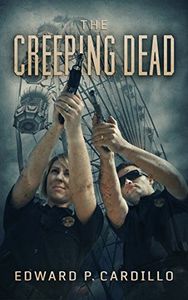
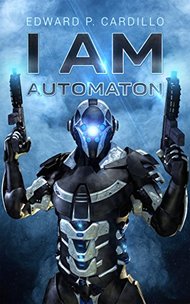
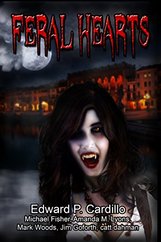
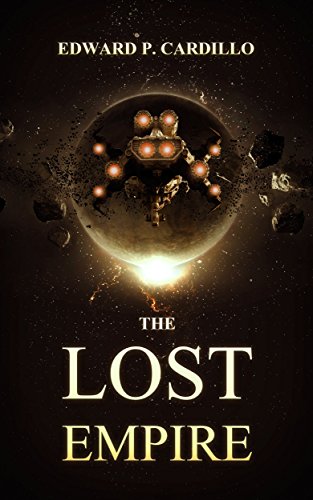
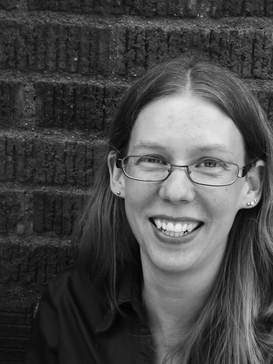
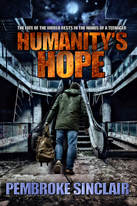
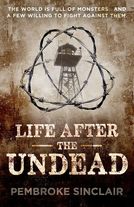
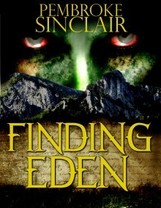
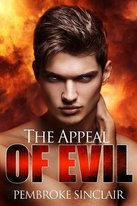
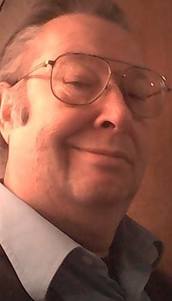
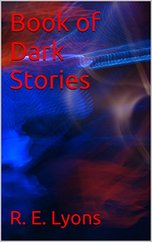
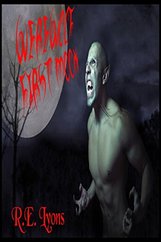
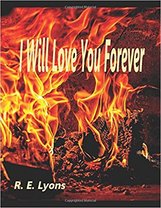
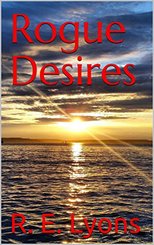
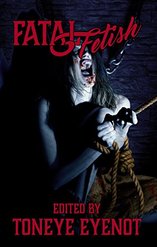
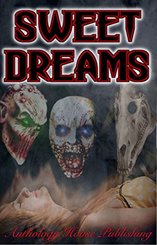
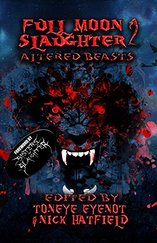
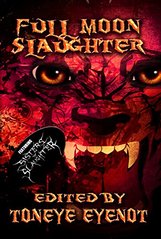
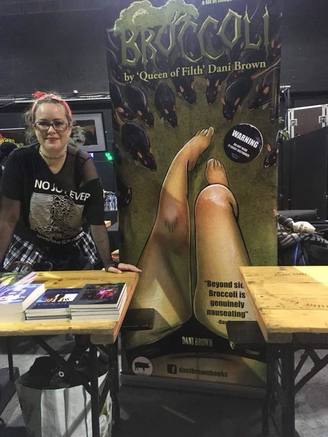
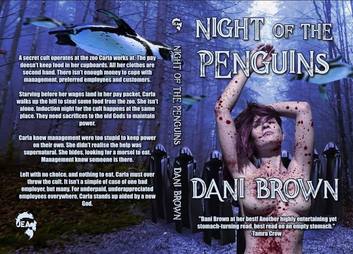
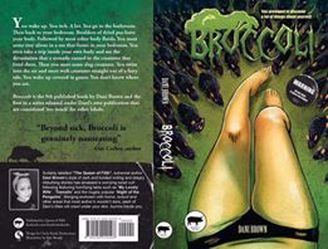
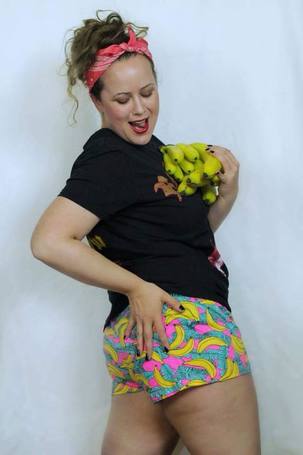
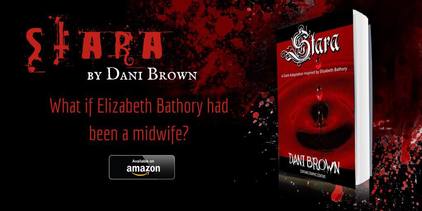
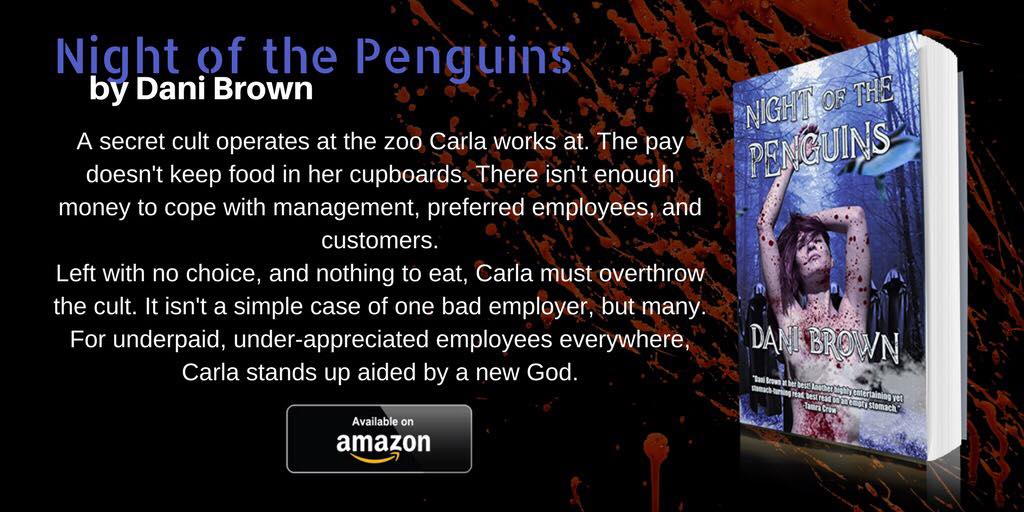
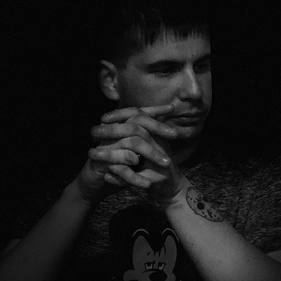
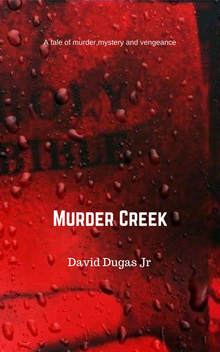
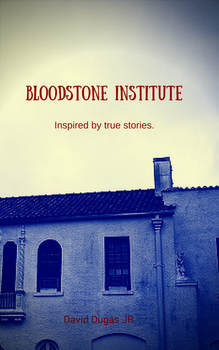
 RSS Feed
RSS Feed
